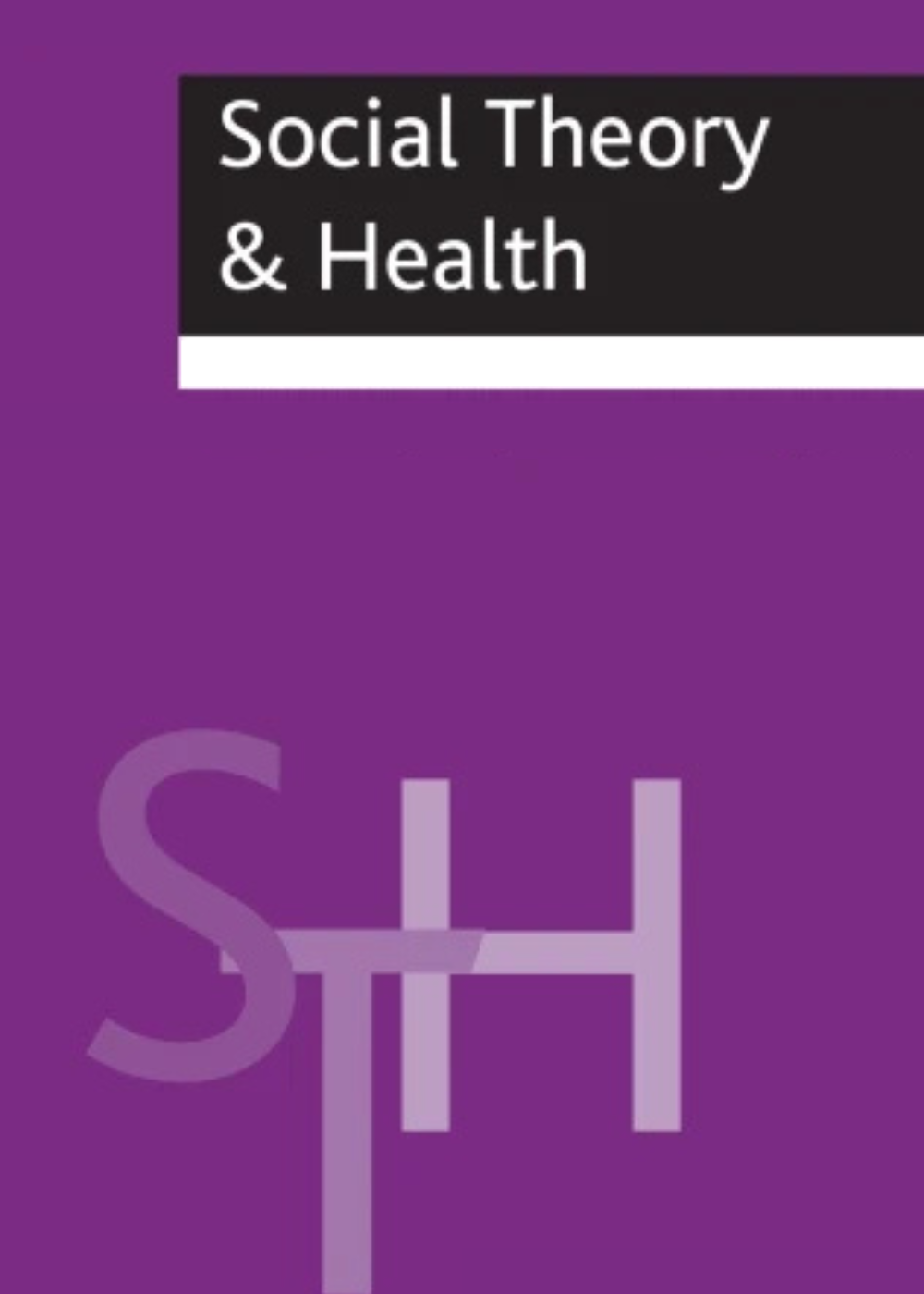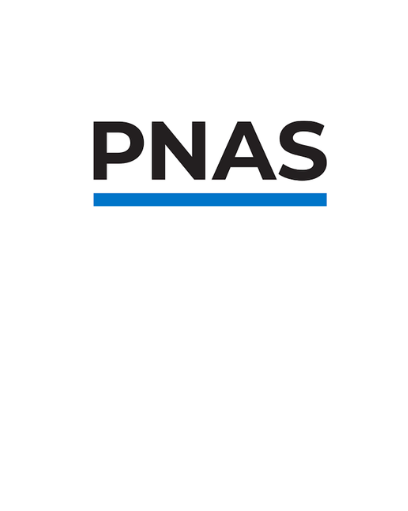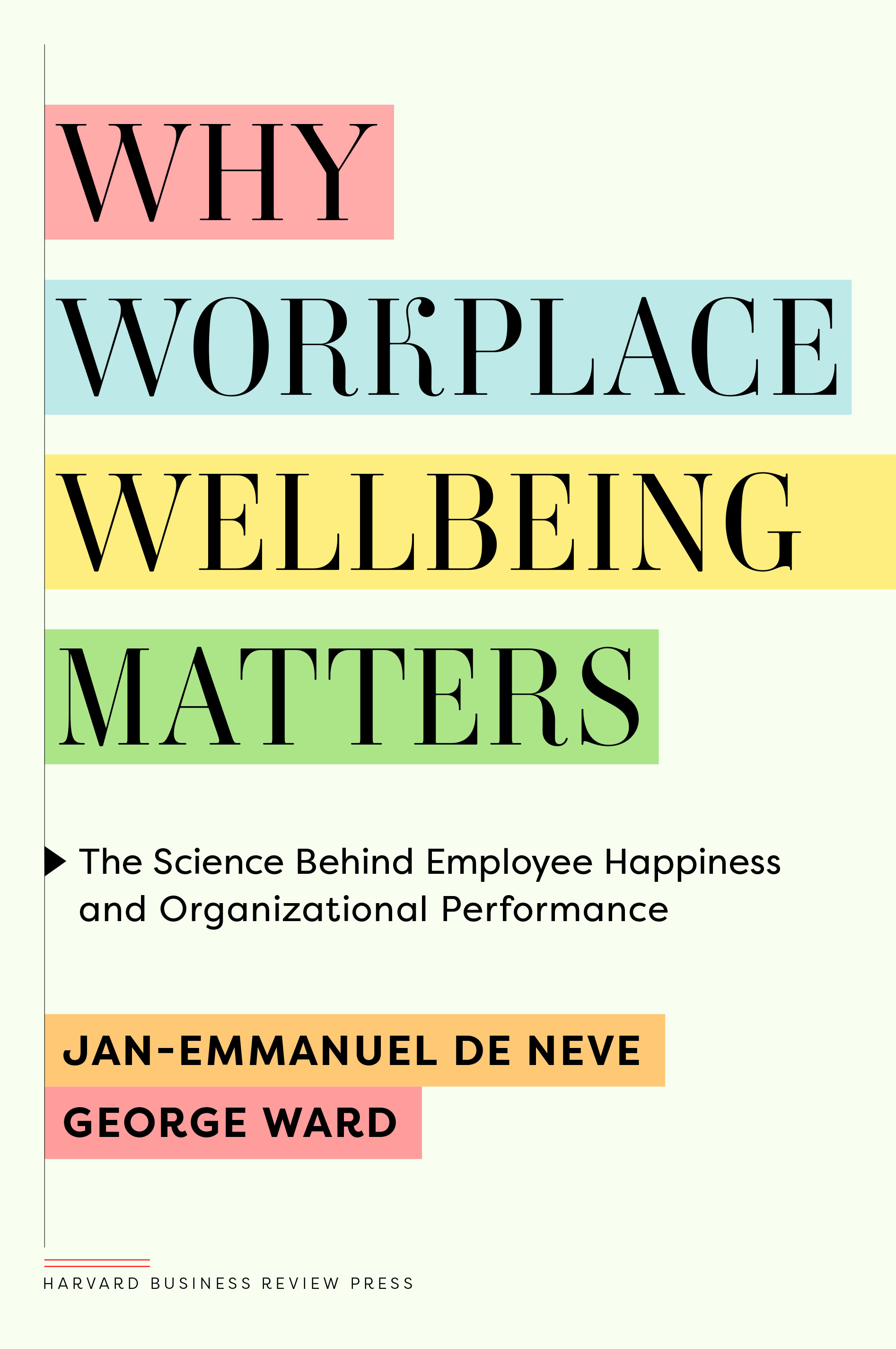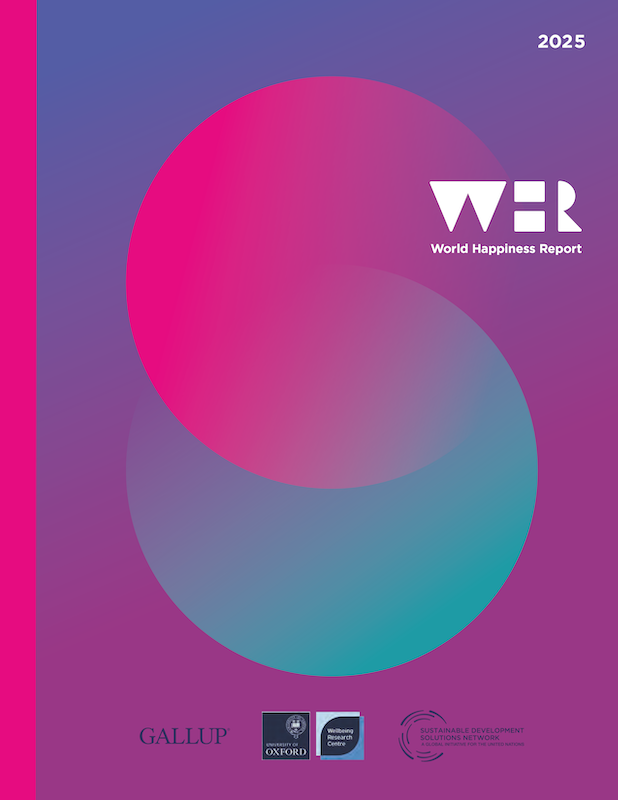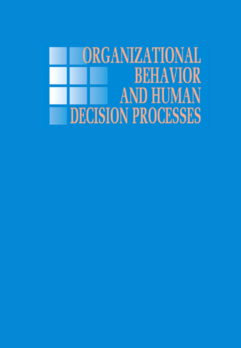
Working During Non-Standard Work Time Undermines Intrinsic Motivation
Organizational Behavior and Human Decision Processes
Laura M. Giurge and Kaitlin Woolley
How do people’s perceptions about when they work affect their intrinsic motivation? We find that working during non-standard work time (weekends/holidays) versus standard work time (Monday-Friday, 9-to-5) undermines people’s intrinsic motivation for their professional and academic pursuits. Working during non-standard work time decreases intrinsic motivation by causing people to consider better uses of their time. That is, people generate more upward counterfactual thoughts, which mediates the effect of work time on reduced intrinsic motivation. As a causal test of this process, increasing consideration of upward counterfactuals during standard work time reduces intrinsic motivation, whereas decreasing consideration of upward counterfactuals during non-standard work time helps employees and students maintain intrinsic motivation for their professional and academic pursuits. Overall, we identify a novel determinant of intrinsic motivation and address a real challenge many people face: How changing work schedules affect interest and enjoyment of work, with important consequences for work outcomes.
